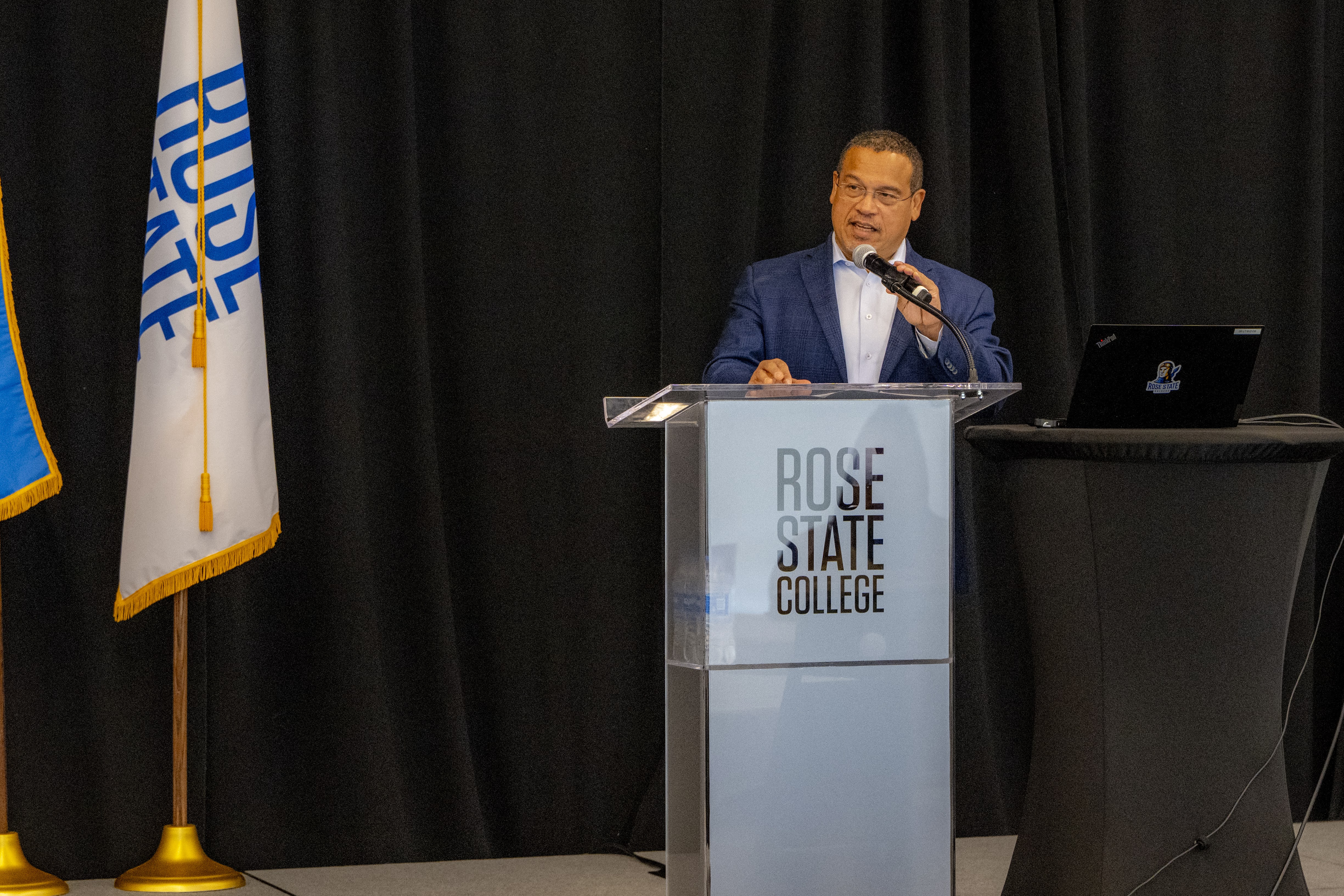Career Information
Job Market & Salary
The Coding Specialist Certificate is not designed as entry level. Oklahoma job salaries vary widely from $10.00 - $ 17.00+ per hour depending on the nature of the job setting (hospital, home health agency, ambulatory surgery center, physician clinic, nursing home, insurance company, etc), and the level of responsibility (supervisory or non-supervisory). Previous experience impacts job salary. If you have considerable coding experience and work as a consultant, your pay may be much higher, depending on the nature and setting of your consulting services.
Career Information
The following CCS, CCA & CCS-P information was taken from the AHIMA website.
Certified Coding Specialist (CCS)
Certified Coding Specialists are professionals skilled in classifying medical data from patient records, generally in the hospital setting. These coding practitioners review patients' records and assign numeric codes for each diagnosis and procedure. To perform this task, they must possess expertise in the ICD-10-CM coding system and the surgery section within the CPT coding system. In addition, the CCS is knowledgeable of medical terminology, disease processes, and pharmacology.
Hospitals or medical providers report coded data to insurance companies or the government, in the case of Medicare and Medicaid recipients, for reimbursement of their expenses. Researchers and public health officials also use coded medical data to monitor patterns and explore new interventions. Coding accuracy is thus highly important to healthcare organizations because of its impact on revenues and describing health outcomes. Accordingly, the CCS credential demonstrates tested data quality and integrity skills in a coding practitioner. The CCS certification exam assesses mastery or proficiency in coding rather than entry-level skills.
If you have experience in coding inpatient records or coding the hospital portion of ambulatory surgery and emergency room care, you should consider obtaining this certification. In fact, certification is becoming an implicit industry standard.
How to Become a CCS:
To be eligible to take the CCS examination, you must
• Possess a high school diploma.
• AHIMA also strongly recommends at least three years of on-the-job coding experience and coding education from seminars or colleges.
Certified Coding Associate (CCA)
The CCA should be viewed as the starting point for an individual entering a new career as a coder. The CCS and/or CCS-P exams demonstrate the mastery level skills that the CCA would strive for to advance his or her career. New coders who earn the CCA will immediately demonstrate their competency in the field, even if they don't have much job experience. Earning a CCA demonstrates a commitment to coding even for those who are new in the field. CCA holders will also distinguish themselves from non-credentialed coders and those who hold credentials from other organizations that do not require the higher level of expertise necessary to earn AHIMA certification.
How to Become a CCA:
In order to become eligible to take the CCA exam, candidates must have earned a United States high school diploma or the equivalent. Although not required, it is strongly recommended that candidates have at least six months experience in a healthcare organization applying ICD-10-CM and CPT coding conventions and guidelines, or have completed either an AHIMA-approved coding certificate program, or other formal coding training program. The CCA exam is not linked to any formal education or training in coding.
Certified Coding Specialist — Physician-Based (CCS-P)
The CCS-P is a coding practitioner with expertise in physician-based settings such as physician offices, group practices, multi-specialty clinics, or specialty centers. This coding practitioner reviews patients' records and assigns numeric codes for each diagnosis and procedure. To perform this task, the individual must possess in-depth knowledge of the CPT coding system and familiarity with the ICD-10-CM and HCPCS Level II coding systems. The CCS-P is also expert in health information documentation, data integrity, and quality. Because patients' coded data is submitted to insurance companies or the government for expense reimbursement, the CCS-P plays a critical role in the health provider's business operation. What's more, the employment outlook for this coding specialty looks highly favorable with the growth of managed care and the movement of health services delivery beyond the hospital.
The CCS-P certification exam assesses mastery or proficiency in coding rather than entry-level skills. If you perform coding in a doctor's office, clinic, or similar setting, you should consider obtaining the CCS-P certification to attest your ability. AHIMA's Society for Clinical Coding (SCC) and the Ambulatory Care Section (ACS) support the CCS-P credential, which is specifically designed to test the skills of coders serving private and group practices and other physician-based settings.
How to Become a CCS-P:
To be eligible to take the CCS-P examination, you must
• Possess a high school diploma.
• AHIMA also strongly recommends at least three years of on-the-job coding experience and coding education from seminars or colleges.
Registered Health Information Administrator (RHIA) formerly Registered Record Administrator (RRA)
This credential requires a bachelor's degree and successful performance on the RHIA certification exam. RHIAs are skilled in the collection, interpretation, and analysis of patient data. Additionally, they receive the training necessary to assume managerial positions related to these functions. RHIAs interact with all levels of an organization--clinical, financial, administrative—that employ patient data in decision-making and everyday operations.
Registered Health Information Technician (RHIT) formerly Accredited Record Technician (ART)
This credential requires an associate's degree and successful performance on the RHIT certification exam. RHITs are health information technicians who ensure the quality of medical records by verifying their completeness, accuracy, and proper entry into computer systems. They may also use computer applications to assemble and analyze patient data for the purpose of improving patient care or controlling costs. RHITs often specialize in coding diagnoses and procedures in patient records for reimbursement and research.
For more information, Contact the American Health Information Management Association at http://www.ahima.org/
or write or call:
AHIMA
Attn: Recruitment Program
233 N. Michigan Ave. Suite 2150
Chicago, IL 60601-5519 (312) 787-2672




